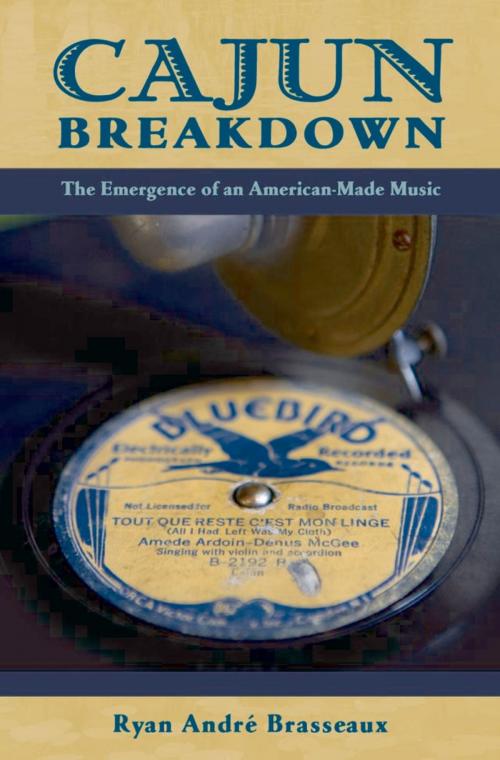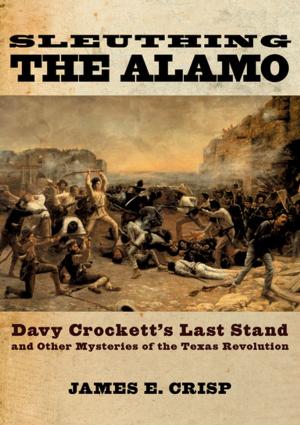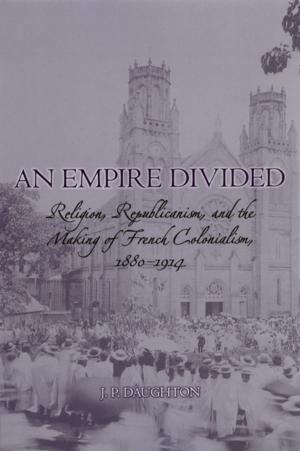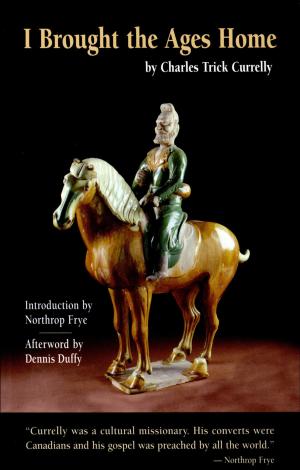Cajun Breakdown
The Emergence of an American-Made Music
Nonfiction, Entertainment, Music, Theory & Criticism, Ethnomusicology, History & Criticism, Reference| Author: | Ryan Andre Brasseaux | ISBN: | 9780190451110 |
| Publisher: | Oxford University Press | Publication: | June 4, 2009 |
| Imprint: | Oxford University Press | Language: | English |
| Author: | Ryan Andre Brasseaux |
| ISBN: | 9780190451110 |
| Publisher: | Oxford University Press |
| Publication: | June 4, 2009 |
| Imprint: | Oxford University Press |
| Language: | English |
In 1946, Harry Choates, a Cajun fiddle virtuoso, changed the course of American musical history when his recording of the so-called Cajun national anthem "Jole Blon" reached number four on the national Billboard charts. Cajun music became part of the American consciousness for the first time thanks to the unprecedented success of this issue, as the French tune crossed cultural, ethnic, racial, and socio-economic boundaries. Country music stars Moon Mullican, Roy Acuff, Bob Wills, and Hank Snow rushed into the studio to record their own interpretations of the waltz-followed years later by Waylon Jennings and Bruce Springsteen. The cross-cultural musical legacy of this plaintive waltz also paved the way for Hank Williams Sr.'s Cajun-influenced hit "Jamabalaya." Choates' "Jole Blon" represents the culmination of a centuries-old dialogue between the Cajun community and the rest of America. Joining into this dialogue is the most thoroughly researched and broadly conceived history of Cajun music yet published, Cajun Breakdown. Furthermore, the book examines the social and cultural roots of Cajun music's development through 1950 by raising broad questions about the ethnic experience in America and nature of indigenous American music. Since its inception, the Cajun community constantly refashioned influences from the American musical landscape despite the pressures of marginalization, denigration, and poverty. European and North American French songs, minstrel tunes, blues, jazz, hillbilly, Tin Pan Alley melodies, and western swing all became part of the Cajun musical equation. The idiom's synthetic nature suggests an extensive and intensive dialogue with popular culture, extinguishing the myth that Cajuns were an isolated folk group astray in the American South. Ryan André Brasseaux's work constitutes a bold and innovative exploration of a forgotten chapter in America's musical odyssey.
In 1946, Harry Choates, a Cajun fiddle virtuoso, changed the course of American musical history when his recording of the so-called Cajun national anthem "Jole Blon" reached number four on the national Billboard charts. Cajun music became part of the American consciousness for the first time thanks to the unprecedented success of this issue, as the French tune crossed cultural, ethnic, racial, and socio-economic boundaries. Country music stars Moon Mullican, Roy Acuff, Bob Wills, and Hank Snow rushed into the studio to record their own interpretations of the waltz-followed years later by Waylon Jennings and Bruce Springsteen. The cross-cultural musical legacy of this plaintive waltz also paved the way for Hank Williams Sr.'s Cajun-influenced hit "Jamabalaya." Choates' "Jole Blon" represents the culmination of a centuries-old dialogue between the Cajun community and the rest of America. Joining into this dialogue is the most thoroughly researched and broadly conceived history of Cajun music yet published, Cajun Breakdown. Furthermore, the book examines the social and cultural roots of Cajun music's development through 1950 by raising broad questions about the ethnic experience in America and nature of indigenous American music. Since its inception, the Cajun community constantly refashioned influences from the American musical landscape despite the pressures of marginalization, denigration, and poverty. European and North American French songs, minstrel tunes, blues, jazz, hillbilly, Tin Pan Alley melodies, and western swing all became part of the Cajun musical equation. The idiom's synthetic nature suggests an extensive and intensive dialogue with popular culture, extinguishing the myth that Cajuns were an isolated folk group astray in the American South. Ryan André Brasseaux's work constitutes a bold and innovative exploration of a forgotten chapter in America's musical odyssey.















